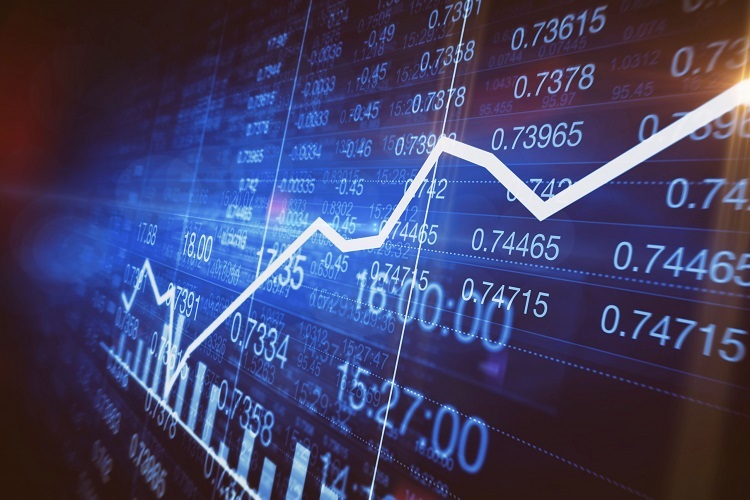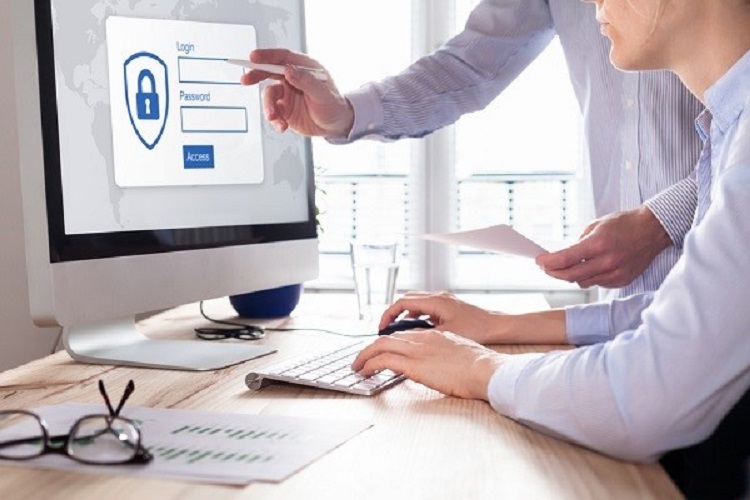Investing in financial markets is gaining popularity around the globe. Historically, currency trading was the domain of multinational corporations and well-endowed investors. The Forex market has, however, made the financial market more accessible to average investors.
Foreign exchange trading involves buying and selling foreign currency to make money off an international foreign exchange market. Because currencies are constantly fluctuating in value, a business foreign exchange strategy is to time when to buy and sell them, trading one against another, so that the business profits from currency swings with minimal losses (called “drawdown”).
Table of Contents
What Is Forex?
Forex or FX refers to the foreign exchange market, where investors can buy and sell currencies around the world. This is the largest financial market in the world, but one in which few individual investors prefer to dabble because it is highly speculative and complex.
In forex trading, you speculate on currency prices to potentially make a profit. Currencies are traded in pairs, so when traders exchange one currency for another they are betting on whether the value of one currency will rise or fall.
The supply and demand of forex are influenced by trade flows, economic activity, political events, and geopolitics. This causes daily volatility, which may create new opportunities for forex traders.
What You Must Consider Before Starting A Forex Trading Business
Learn the basics
Before you begin trading forex, you must learn the basics. The best way to learn how forex trading works is by opening a demo account, as you will be able to experiment freely and adopt new strategies without the fear of financial loss.
Select a reliable broker
Forex brokerages act as middlemen between you and the forex market, so you will want to choose a broker who will not only facilitate your financial objectives but also be reliable and regulated. A reputable forex broker will provide you with a secure trading platform, he will offer access to major currencies, use advanced forex software and provide additional tools and charts to support your decision-making.
Organise your trading capital
Trading foreign currencies has a lower entry point compared to stock as investors can set up an account with as little as $10 or $20. Also, brokers offer the option of using leverage, which allows for more trading than what you have on your account.
Practice
By opening a demo account, you can practice your trades and learn when to buy and sell at the right time. This is a great opportunity to try out new tactics and strategies. Keep practising at least for a few weeks or until you are comfortable making the switch to real money.
Trade for real money
Trading forex with real money exposes you to certain pitfalls that you may not have encountered during your practice trades. Remember that forex does not create instant wealth. To make sustainable profits, you will need to nurture and develop your account gradually during the formative weeks and months.









